Breaking Out Of Pitiful Vision
An interview with polymath Ugandan photographer and collagist R. Canon Griffin about his work and the medium that fuels it
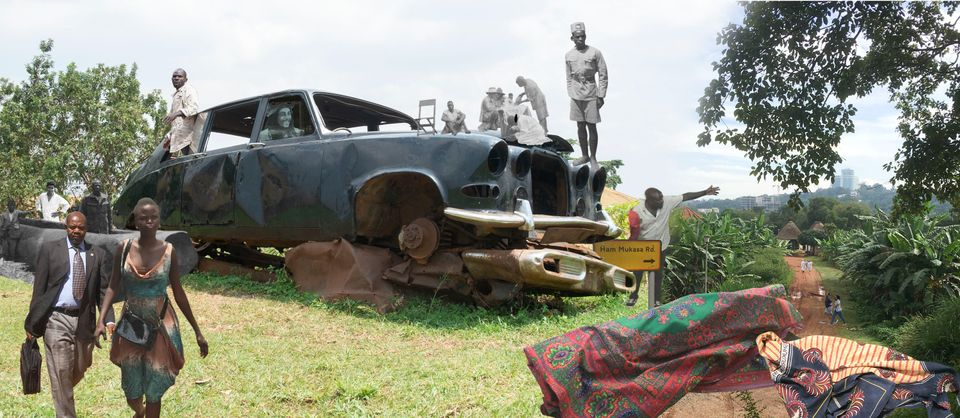
An interview with R. Canon Griffin
Click here for Canon's suggested soundtrack for the interview
Dead Pixels: What does the visual strategy of collage help you to achieve in your images?
R. Canon Griffin: Simply put, it eases the construction of meanings, the presentation of multiplicity in a single frame. Sometimes a deliberate intention to flummox. Most important of all is that it helps to make bewildering connections. How the invention of Coca Cola in the year 1886 relates to the first Ugandan Christian youths getting torched*, all presented in a sprawling commentary about the shortcomings of AI-generated imagery, can only be achieved through collage if it is to be one frame.
(*This is a reference to the Uganda Martyrs - ed.)
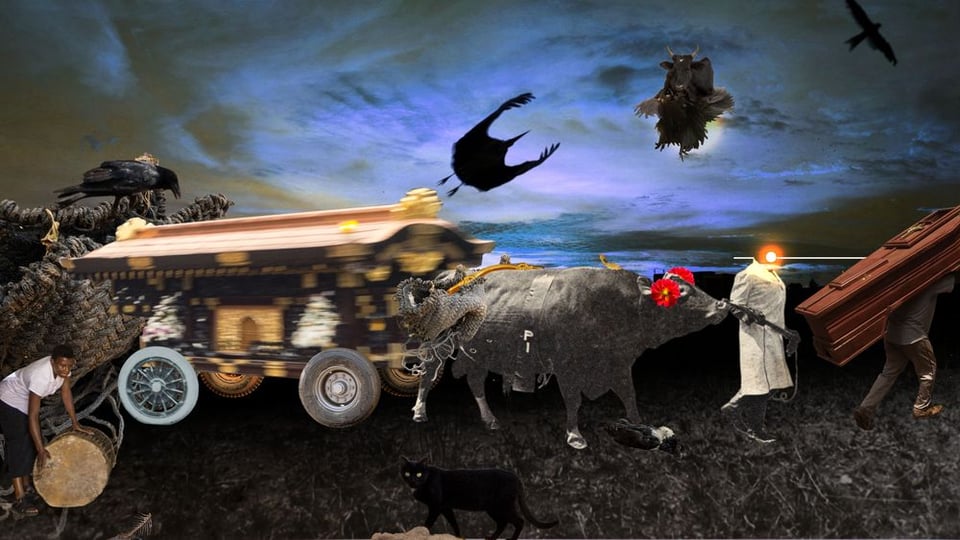
DP: What different image types are incorporated into your final images?
RCG: I gobble up all applicable image kinds. From Wikipedia screenshots, to my own drawings, to other folks' illustrations or photographs in the public domain or creative commons, accessible and permissible archives and sometimes deliberate stealing, well aware that I am cloaked by obscurity. Yep, I am omnivorous.
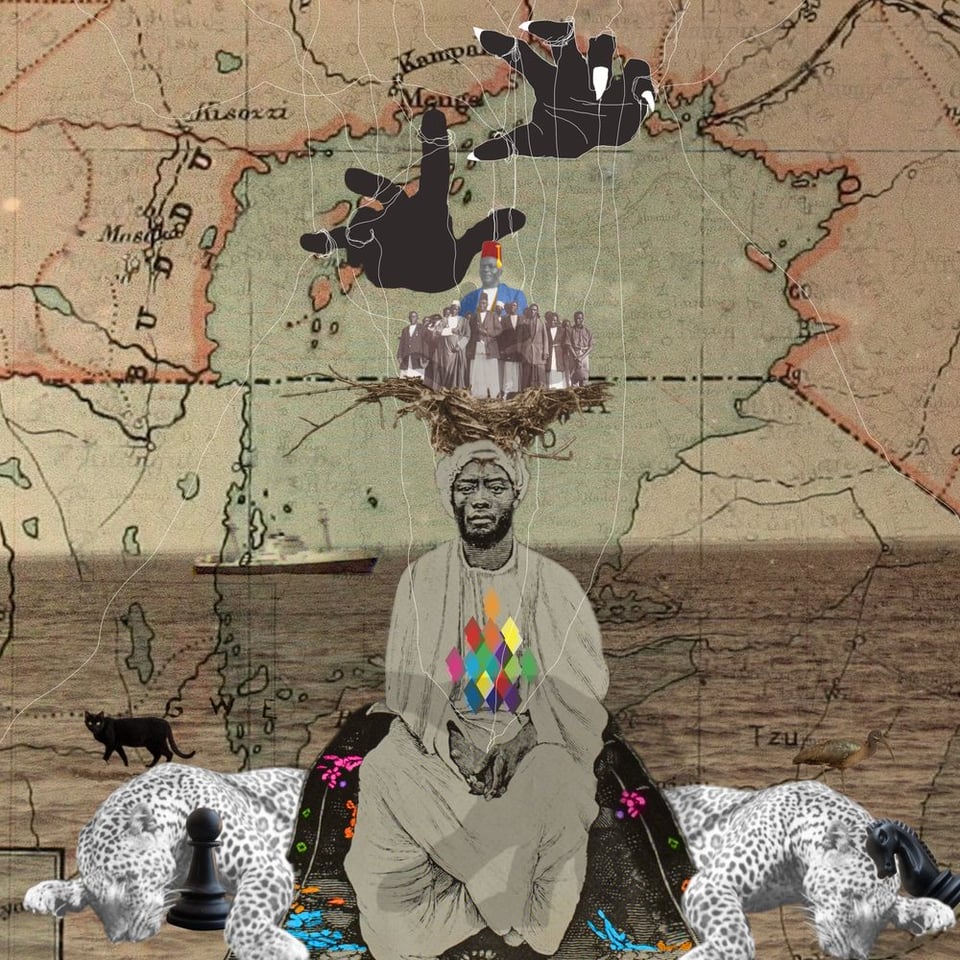
DP: How do audiences respond to the images? Is there a difference in response between offline audiences and online?
RCG: Offline audiences are mostly boring. Online, sometimes you encounter people with true political will, and that's exciting. Also wildcards. Certain gallery audiences can be frustrating in that they only pretend to enjoy already established trends; you know, sales and ostentation. The Ugandan economy barely affords anybody the ability to forego sales for true communicative relevance. So, I work with them as much as we can agree and support each other's pursuits.
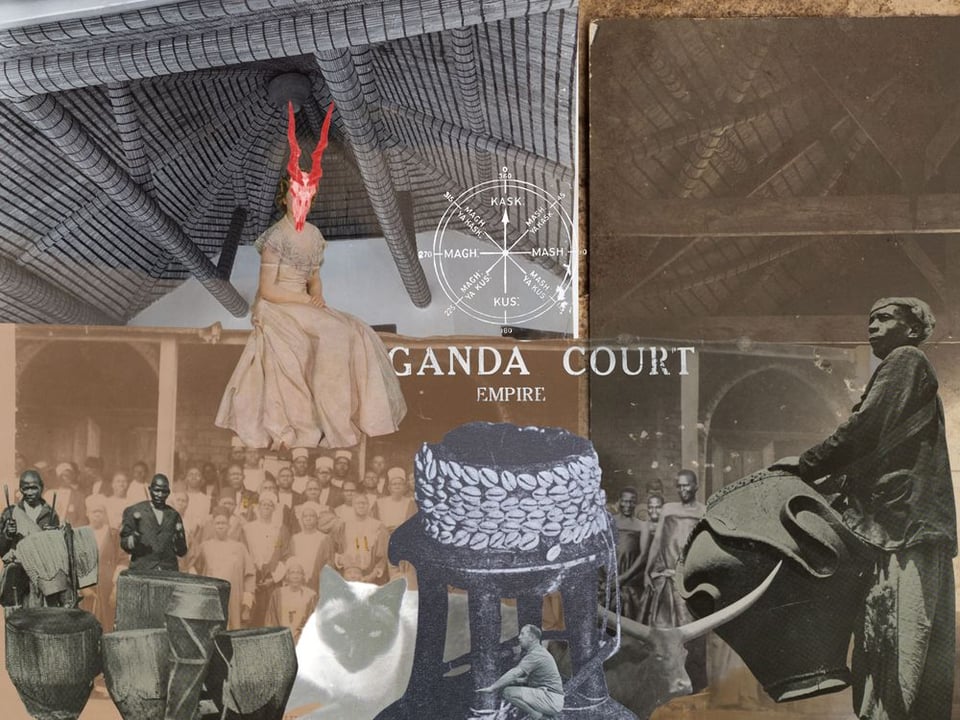
DP: What is the ideal presentation of this work? What space? What context? What audience?
RCG: That's just a question of means! Nothing beats a huge well lit, spaciously presented print, but if the medium doesn't drown the message on a small smart device screen or humble gallery slideshow or virtual exhibition, we lean with it and rock with it. Let my collages be your eye candy or food for thought at a University in Stellenbosch or Groningen or Alexandria. This work is commentary about how everything is connected. The barbarians clean your bedroom these days, no need to make them think there is a gate to take.
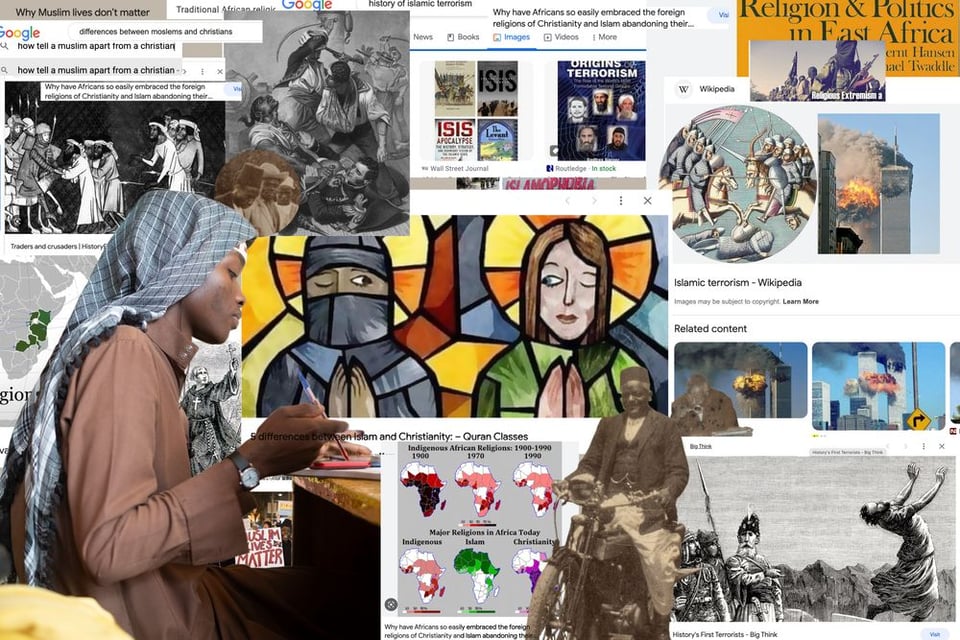
DP: What do you think photography’s future looks like?
RCG: It's a future of greater - but very fragmented - access. Shifting perceptions... A picture is no longer 'dogmatic' evidence. I am certain false metadata can be appended to a file as long as you know how or who can. Local relevance is a dominating factor. I wouldn't pay so much attention to a picture where I have no means of comparing it to living presence. Photography and all other methods of image making are still very applicable, that doesn't mean we won't get exasperated and just defend our little caves, the only images needed are to teach the young how to fuck, fight, and farm perhaps. Merry merry go round there. So, we hope it doesn't come to that.
Without cameras and screens, liars will still use any means. Personal integrity translating into social responsibility is always our second chance. If things ride the helter-skelter and what's left is all that's right, then so be it. For now, photography still has a role to play. Photography? We are here to stay. People don't know how to declutter their frames, or to use basic principles of picture making. So, they don't even know why they prefer our images on TV to the clumsy pictures they make with their devices. The key is in breaking out of pitiful vision. Nobody cares about what you're showing them, just show them something compelling.
Interview conducted by Anna Kućma
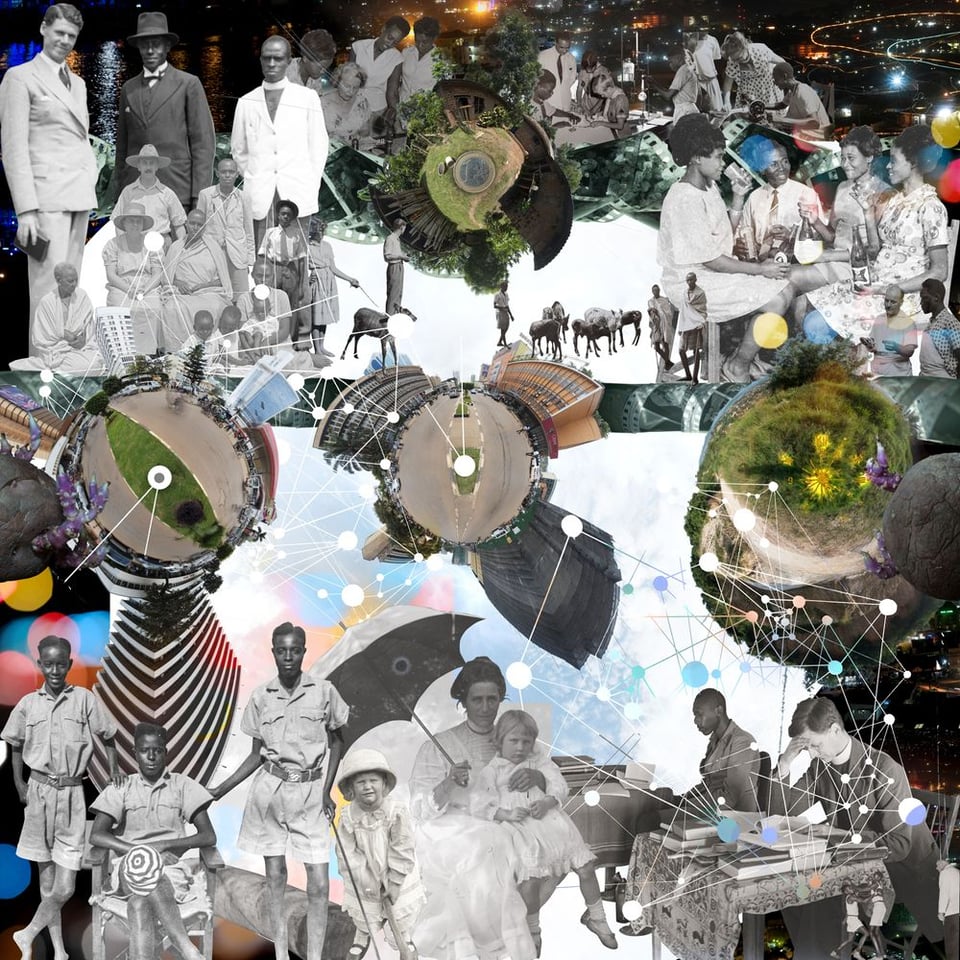
R. Canon Griffin (website) (Instagram) (more Instagram)
My work is a visual anthem of interconnectivity.
Everyone, everything, every time.
An inevitable concert.
I use photographs, video, drawing, written word, and a combination or manipulation of these to make art. Art, the inevitable way of sharing the experience and aspiration of our being. This mystery, the possibilities of our presence is my prime motivation.
I collaborate with Andrea Stultiens on a platform we founded in 2011; History In Progress Uganda. We collect and publish photos from or about Uganda’s past.
